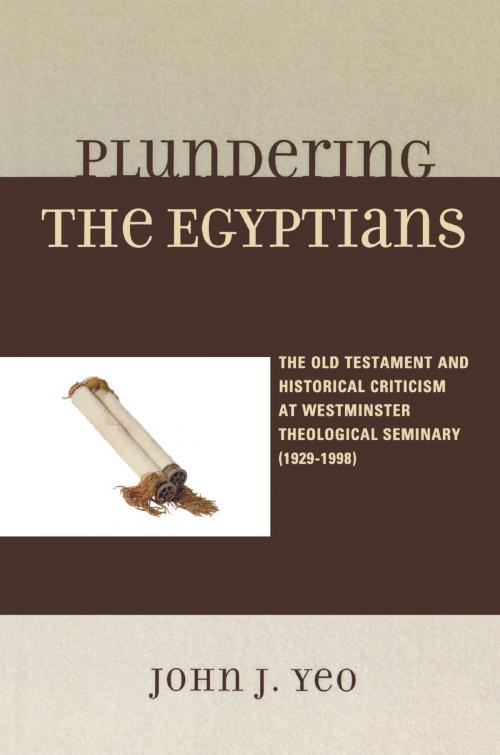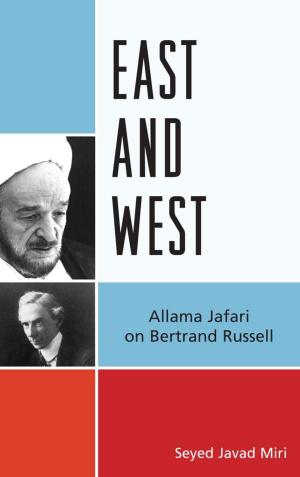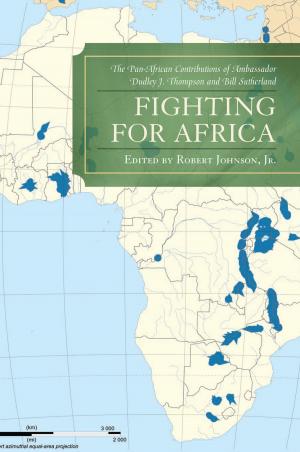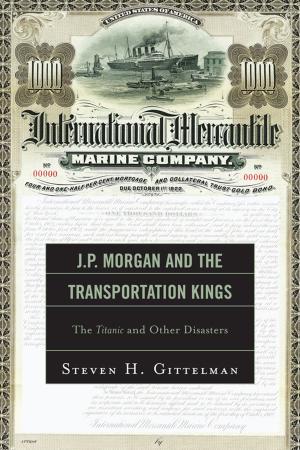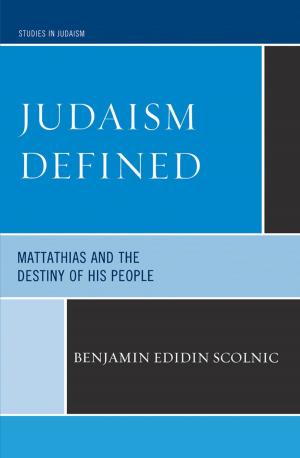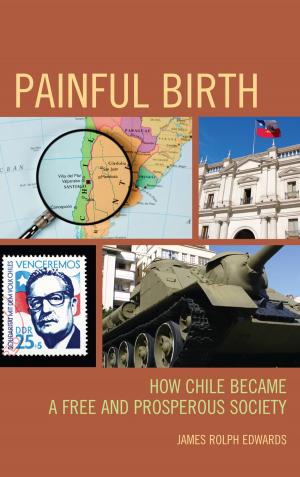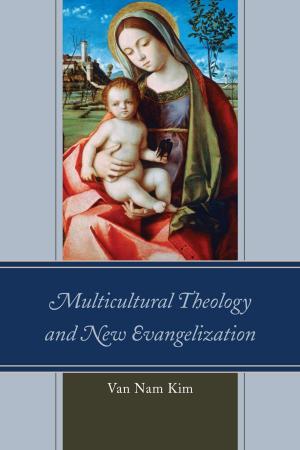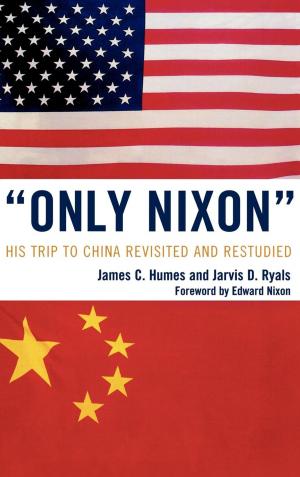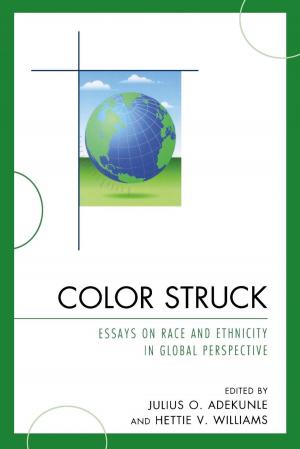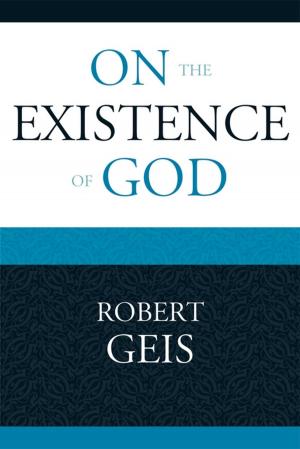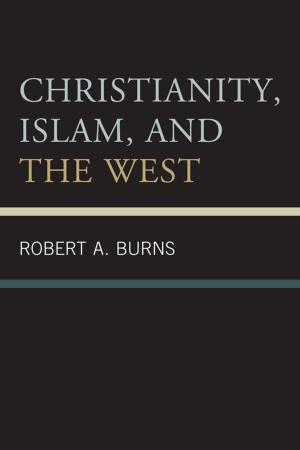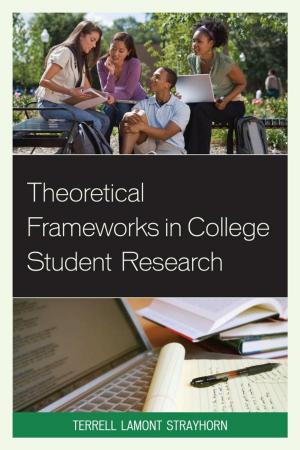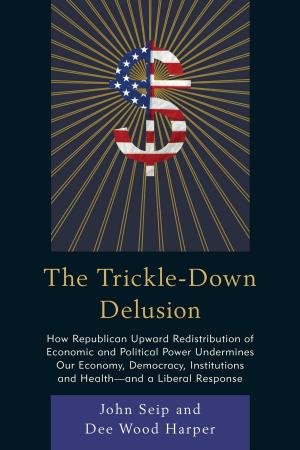Plundering the Egyptians
The Old Testament and Historical Criticism at Westminster Theological Seminary (1929-1998)
Nonfiction, Religion & Spirituality, Bible & Bible Studies, Study, Old Testament, Reference & Language, Education & Teaching| Author: | John J. Yeo | ISBN: | 9780761849605 |
| Publisher: | UPA | Publication: | November 16, 2009 |
| Imprint: | UPA | Language: | English |
| Author: | John J. Yeo |
| ISBN: | 9780761849605 |
| Publisher: | UPA |
| Publication: | November 16, 2009 |
| Imprint: | UPA |
| Language: | English |
Plundering the Egyptians focuses on the study of the Old Testament at Westminster Theological Seminary from 1929 to 1998. More specifically, it presents the lives and academic labors of Robert Dick Wilson (1929-1930), Edward Joseph Young (1936-1968), Raymond Bryan Dillard (1969-1993), and Tremper Longman III (1981-1998). These featured scholars were highly influential in changing the shape of Old Testament studies at Westminster through the introduction of novel scholarly tools and ideas that reveal methodological and theological development. Their individual historical contexts, scholarly contributions, and interactions with historical-critical scholarship are presented and analyzed. Modifications in their respective methodologies are highlighted and often indicate significant shifts within the Old Princeton-Westminster trajectory from an anti-critical stance toward a position of openness toward historical-critical methodology and its conclusions. The implications of these shifts within Westminster are important because they mirror the current changes and challenges in evangelicalism today.
Plundering the Egyptians focuses on the study of the Old Testament at Westminster Theological Seminary from 1929 to 1998. More specifically, it presents the lives and academic labors of Robert Dick Wilson (1929-1930), Edward Joseph Young (1936-1968), Raymond Bryan Dillard (1969-1993), and Tremper Longman III (1981-1998). These featured scholars were highly influential in changing the shape of Old Testament studies at Westminster through the introduction of novel scholarly tools and ideas that reveal methodological and theological development. Their individual historical contexts, scholarly contributions, and interactions with historical-critical scholarship are presented and analyzed. Modifications in their respective methodologies are highlighted and often indicate significant shifts within the Old Princeton-Westminster trajectory from an anti-critical stance toward a position of openness toward historical-critical methodology and its conclusions. The implications of these shifts within Westminster are important because they mirror the current changes and challenges in evangelicalism today.
